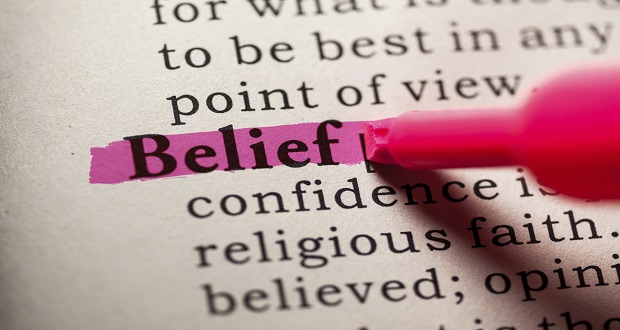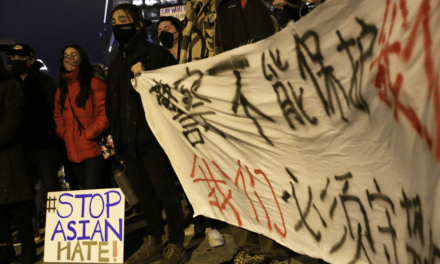
On May 25, 2020, the nation witnessed a horrific murder of a Black man at the hands of police. George Floyd became another name on the growing list of names of unarmed Black men and women killed by law enforcement. After the public release of the video, people were outraged, and protests erupted across the globe. Organizations began taking strong stances against racial discrimination and committing to be antiracist organizations. We were amid a movement, we thought. Those who do the work of diversity, equity, inclusion, and social justice daily, and those most harmed by injustice and inequities, felt a shift — the tides were turning. We were finally going to see things change. Diversity, equity, and inclusion were an organizational priority.
Fast-forward to today, and it starkly contrasts with what we saw in 2020. The movement that emerged as a result of the murder of George Floyd has faded. We now realize it was just a moment. Today, organizations are quietly scrubbing the mention of DEI from their public messaging. There is legislation being enacted banning the usage of terms such as diversity, equity, and inclusion at public institutions. Further, diversity, equity, and inclusion offices and programs are being disbanded because they are now deemed unlawful.
I recently lamented with a couple of my colleagues about this shift. As organizations divert their attention to other priorities, we pondered whether we need to rebrand our work under another name to be effective. Or do we remain steadfast in putting diversity, equity, inclusion, and social justice at the forefront? I do not have the answer, and I can make the case for both approaches. On the one hand, we want to get the concepts in front of as many leaders and individual contributors as possible. So, if that means we must change our language to get there, then let’s do it. On the other hand, many organizations still value diversity, equity, and inclusion beyond values statements and performative actions. Does rebranding DEI suggest failure or not staying true to our values?
As organizations think about recruiting and engaging talent, it’s important to note that younger generations seek organizations that value diversity, equity, and inclusion. According to a report from ManpowerGroup, 56% of Gen Zers, who will make up a third of the workforce by 2025, say they would not accept a job without diverse leadership, and 68% say they are not satisfied with their organization’s progress in creating a diverse and inclusive work environment. The report also noted that 75% of companies reported talent shortages. To attract younger talent, organizations need to reexamine their cultures. Doing away with DEI programs and language does not magically solve all of the issues these initiatives and strategies were put in place to solve: employees feeling they can bring their authentic selves to the workplace will be valued by their organization and employees, and removing deeply rooted systemic barriers that prevent everyone having what they need to succeed.
At a recent conference I attended, I ran into another DEI practitioner who has been doing this work much longer than I have. He reminded me that our work is the right thing, and we know it works, so we must stay the course. This exchange reminded me that staying true to our values and what we know to work despite the naysayers is the only path forward. I hope that as you reflect on “the moment,” you think about your responsibility to ensure “the movement” doesn’t become “a memory.”



















